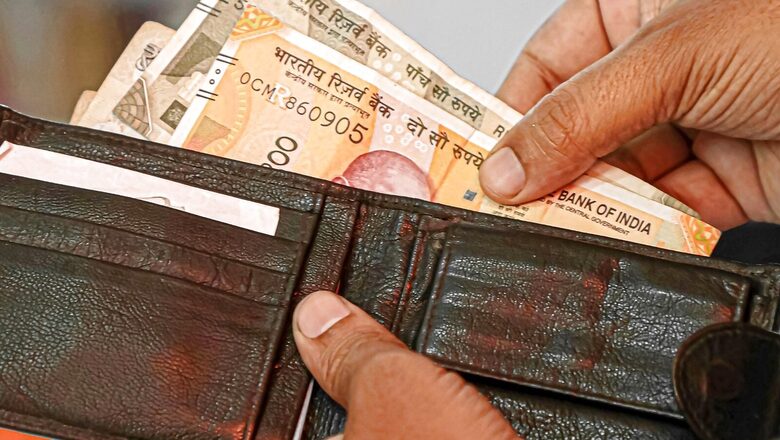
views
The world economy has officially hit a recessionary phase. US Fed Jerome Powell has asked investors to brace for long terms of “unemployment and recession”. Even economist Nouriel Roubini, a noted economist who was at the forefront of accurately predicting the trajectory of the 2008 recession, foresees a lengthy and ugly recession that could last well until late next year.
Several senior business executives have echoed similar sentiments. An IDC survey has estimated that 59% of them foresee a recession coming. The situation is extremely grim in Europe, where skyrocketing prices have already seriously dented consumer demand.
A recession is generally indicative of a period of economic fall in the industrial and trading activities of a country. While India is not entirely immune to the globally looming recession, it might just stand out as a lone shining star, according to S&P chief global economist Paul Gruenwald.
Across the world, bond yields are skyrocketing. At least 90 central banks have raised interest rates this year in a bid to fight record inflation gripping the globe. That is the first tell-tale sign of recession. Prices of products go up, companies slash costs in a bid to maintain their fledging profitability, which often means layoffs, high unemployment and fewer incentives.
While there is little we can do to control the macroeconomic factors at large, there are ways to avoid its impact from crash landing on your portfolio.
Shifali Satsangee, founder of Funds Vedaa, an Agra-based financial advisory, says the key is to prioritise and make a clear spending strategy.
“Start by defining and charting the family’s financial goals in a clear, concise way. Once that’s done, work out a budget accordingly. It’s also important to have a contingency fund in place, and appropriate safety nets in the form of health and life cover.”
Cutting down on discretionary spending is equally important, says Nema Chahaya Buch, a Pune-based finance professional. “On the equity side, exposure in growth stocks with a high P/E ratio would limit your financial erosion. Blue chip stocks will be a safe bet because they are reasonably stable in nature. Investment in physical assets or any alternative asset class such as gold tends to offset the recession effect, given their counter-cyclical nature. On the fixed income side, there is a tendency to increase inflationary pressure. So inflation-indexed bonds should be considered,” she says.
“If you want to position your portfolio for growth as the economy comes out of recession, you should have cyclical stocks under consideration. These stocks would rise first as the economy starts to improve,” she says.
Above all, don’t lose faith in regular, disciplined, good-old SIPs. “In effect, one can also realise their true financial potential by starting to invest early, focussing on goal-based investments via SIPs, wherein funds are earmarked for each goal, routing savings into tax-efficient schemes and financial products that give healthy inflation-adjusted returns, and by de-risking the portfolio by diversifying across asset classes, so that a solid corpus is created for the family year on year,” she signs off.
Read all the Latest Business News and Breaking News here




















Comments
0 comment